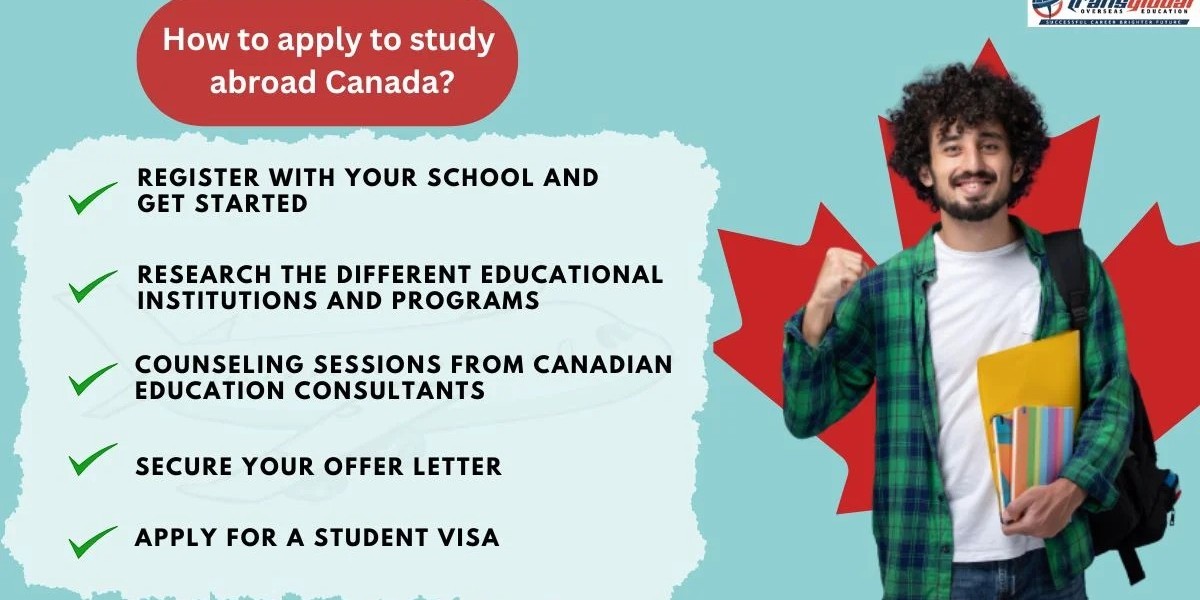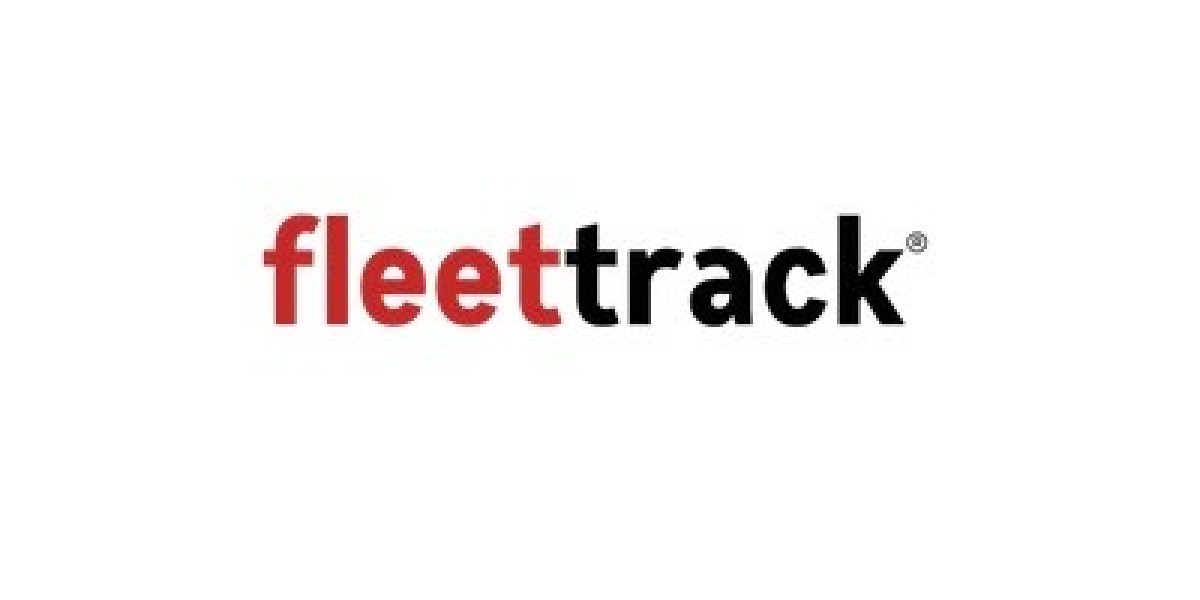Study in Canada with Indian students with its world-class education system, multicultural environment, and post-graduation work opportunities, has become a top study abroad destination for Indian students. If you're an Indian student aspiring to pursue your academic dreams in the land of maple syrup, this guide will equip you with the knowledge and strategies to navigate the application process for the 2024-25 intake.
Why Study in Canada?
Here are some compelling reasons to consider Canada for your higher education:
Globally Recognized Degrees: Canadian universities boast a strong reputation, with many ranking high in international rankings. Earning a degree from Canada holds significant value for employers worldwide.
Multicultural Haven: Canada celebrates diversity and welcomes international students. You'll experience a vibrant and inclusive atmosphere on campus and beyond.
Post-Graduation Work Permit: The Post-Graduation Work Permit Program (PGWPP) allows international graduates to gain valuable Canadian work experience, potentially leading to permanent residency opportunities.
Affordable Education: Compared to other popular study destinations like the US and UK, Canada offers a relatively affordable education system, including tuition fees and living expenses.
High Quality of Life: Canada consistently ranks high in terms of safety, healthcare, and overall quality of life, ensuring a comfortable and enriching experience.
Understanding the Intake System
Most Canadian universities operate on a three-intake system:
Fall Intake (September/October): This is the most popular intake with the widest range of programs offered. Applications typically begin in November of the preceding year.
Winter Intake (January/February): This intake offers fewer program options but can be an alternative for those who miss the fall deadline. Application deadlines usually fall between September and December.
Spring/Summer Intake (May/June): This intake is the least common but may be available for specific programs. Deadlines are generally between November and February.
The Application Process: A Step-by-Step Guide
Here's a breakdown of the key steps involved in applying to Canadian universities:
Research and Shortlist Universities and Programs: Start by exploring university websites and resources like to find universities offering programs that align with your academic interests and career goals. Consider factors like program curriculum, faculty expertise, rankings, scholarships, and location. Shortlist 4-5 universities for a balanced approach.
Check Eligibility Requirements: Each university and program has specific eligibility requirements. These may include academic transcripts, standardized test scores (e.g., GMAT, GRE, IELTS, TOEFL), letters of recommendation, and a Statement of Purpose (SOP). Ensure you meet all the criteria before proceeding with your application.
Prepare for Standardized Tests: If required by your chosen programs, prepare well for English language proficiency tests (IELTS or TOEFL) and any program-specific aptitude tests (GMAT, GRE).
Craft a Compelling Statement of Purpose (SOP): The SOP is your chance to showcase your academic achievements, career aspirations, and motivations for pursuing your chosen program. Highlight your unique skills, relevant experiences, and future goals in a well-organized and persuasive essay.
Gather Application Materials: Compile all required documents, including transcripts, test scores, letters of recommendation, and translated documents if necessary. Ensure all documents are properly formatted and meet university specifications.
Submit Applications: Most universities have online application portals. Carefully review your application before submitting it and meet the deadlines strictly. You may need to pay application fees for each university.
Wait for Admission Decisions: Processing times can vary, so be patient. Universities may request additional documents or interviews during this stage.
Apply for a Study Permit: Upon receiving an offer of admission, apply for a Canadian study in canada permit through Immigration, Refugees and Citizenship Canada (IRCC).
Strategies for a Successful Application
Start Early: The application process can be time-consuming. Begin researching universities well in advance, ideally a year before the desired intake. This allows ample time to prepare for tests, gather documents, and refine your application materials.
Maintain Strong Academics: Your academic record plays a crucial role in the selection process. Maintain good grades throughout your studies to demonstrate your ability to succeed in a rigorous academic environment.
Highlight Achievements: Beyond academics, showcase extracurricular activities, leadership roles, awards, and relevant work experience in your application. These demonstrate your well-roundedness and potential for success.
Seek Guidance: Consider seeking help from canada student visa consultants in delhi.
Frequently Asked Questions: Study in Canada for Indian Students (2024-25 Intake)
1. When should I apply for the Fall 2024 intake?
Applications for Fall 2024 typically begin in November 2023. Deadlines vary by university, so research your shortlisted programs well in advance.
2. What are the most popular programs for Indian students in Canada?
Popular programs include Business, Computer Science, Engineering, Data Science, and Public Policy. Research specific programs aligned with your interests and career goals.
3. Is Canada affordable for Indian students?
Compared to some other study abroad destinations, Canada offers a more affordable option. Consider tuition fees, living expenses, and scholarship opportunities when evaluating affordability.
4. What are the benefits of a Post-Graduation Work Permit (PGWPP)?
The PGWPP allows you to gain valuable Canadian work experience after graduation, potentially leading to permanent residency opportunities.
5. What documents do I need to apply for a study permit?
You'll typically need an acceptance letter, proof of financial support, medical exam results, and a valid passport. Always check specific requirements with IRCC.









